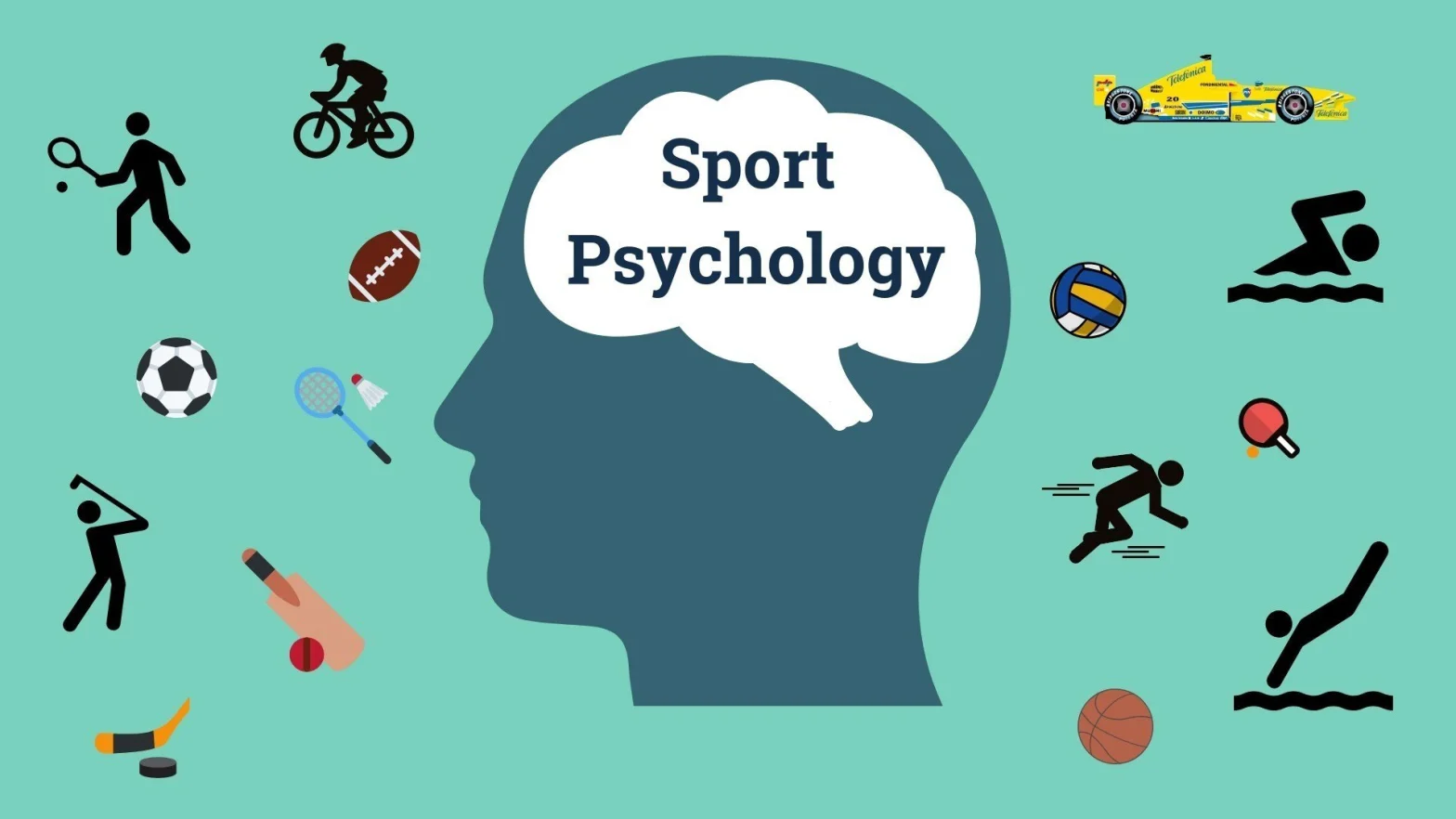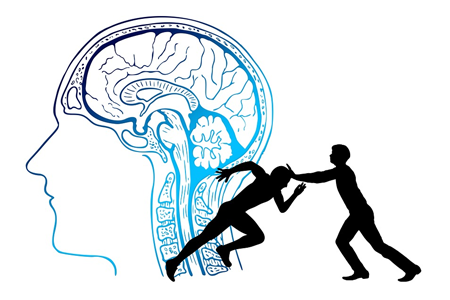The Influence of Sports Psychology on Performance
Sports psychology is a vital aspect of modern athletics, helping athletes optimize their mental state to perform at their best. While physical training is essential, the mental component plays a significant role in achieving peak performance. This article explores how sports psychology influences athletes and helps them succeed on the field, court, or track.
1. Enhancing Focus and Concentration
One of the key areas of sports psychology is helping athletes improve their focus and concentration during competition. Distractions, whether external or internal, can significantly hinder performance. Through various psychological techniques, athletes learn how to block out distractions and maintain concentration during critical moments.
Techniques to Enhance Focus:
- Mindfulness: Practicing mindfulness helps athletes stay present and focused during games or competitions.
- Pre-performance Routines: Many athletes use specific routines to mentally prepare before events, such as visualization or breathing exercises.

2. Building Mental Resilience
Mental resilience is the ability to recover from setbacks, stay composed under pressure, and continue performing at a high level even in challenging situations. Sports psychology focuses on building this resilience through positive thinking, reframing negative experiences, and developing mental toughness.
Ways to Build Resilience:
- Positive Self-Talk: Encouraging self-talk improves confidence and helps athletes cope with mistakes or failures.
- Reframing: Reinterpreting failures as learning opportunities fosters a growth mindset and enhances long-term resilience.
3. Improving Motivation and Confidence
Motivation and confidence are crucial to an athlete’s success. Sports psychologists work to help athletes set realistic goals, stay motivated during training, and maintain belief in their abilities. Confidence is often linked to an athlete’s perception of their skills, and psychology can help boost self-esteem through mental conditioning.
Boosting Confidence:
- Goal Setting: Breaking down long-term goals into achievable short-term milestones helps maintain motivation.
- Visualization: Imagining successful performances boosts an athlete’s confidence by mentally rehearsing their achievements.
4. Managing Anxiety and Pressure
Anxiety is common among athletes, especially in high-pressure situations such as finals, tournaments, or important matches. If left unchecked, anxiety can cause poor performance, often referred to as “choking.” Sports psychology offers techniques to help athletes manage anxiety, stay calm, and perform under pressure.
Techniques for Managing Anxiety:
- Breathing Exercises: Deep breathing or controlled breathing exercises help calm nerves and reduce anxiety.
- Progressive Muscle Relaxation (PMR): Tensing and relaxing muscles helps athletes release tension and stay relaxed before competing.
5. The Role of Visualization in Success
Visualization, also known as mental imagery, is one of the most powerful tools in sports psychology. It involves athletes mentally rehearsing their performance, visualizing success, and mentally preparing for competition. Research shows that visualization can enhance motor skills, improve confidence, and reduce anxiety.
Benefits of Visualization:
- Improved Motor Skills: Mentally practicing specific movements can help athletes perform them more fluidly in real situations.
- Reduced Pre-game Anxiety: Athletes who visualize successful performances often feel more prepared and less anxious.
6. Developing Mental Toughness
Mental toughness refers to an athlete’s ability to perform under difficult circumstances, such as when they are tired, injured, or facing adversity. Developing this mental fortitude is crucial for success in sports. Sports psychology helps athletes build mental toughness through techniques such as setting personal challenges, improving self-discipline, and learning how to push through pain or discomfort.
Strategies for Mental Toughness:
- Embracing Challenges: Athletes are encouraged to view challenges as opportunities for growth rather than obstacles.
- Consistent Discipline: Daily routines, strict adherence to training, and persistence help athletes strengthen their mental toughness.
7. Improving Team Dynamics and Communication
For team sports, psychology plays a key role in improving communication and teamwork. Successful teams rely not only on physical skill but also on strong interpersonal dynamics. Sports psychologists work with teams to enhance communication, build trust, and improve group cohesion.
Key Elements of Team Dynamics:
- Role Clarity: Ensuring that each team member understands their role and responsibilities within the group.
- Trust Building: Developing trust between teammates through open communication and collaborative exercises.
8. Using Sports Psychology for Recovery
Injuries are inevitable in sports, and how an athlete mentally approaches their recovery can influence the speed and success of their rehabilitation. Sports psychology helps athletes maintain a positive mindset during recovery, reduce fears of re-injury, and stay motivated throughout the healing process.
Psychological Approaches to Recovery:
- Positive Visualization: Athletes are encouraged to visualize themselves returning to full fitness to maintain motivation during recovery.
- Cognitive Behavioral Therapy (CBT): This technique helps athletes manage negative thoughts about their injury and focus on progress.
Conclusion
Sports psychology has a profound influence on an athlete’s ability to perform at their best. By improving focus, building mental resilience, managing anxiety, and boosting confidence, sports psychology equips athletes with the tools needed to succeed. Whether you’re a seasoned professional or an aspiring athlete, incorporating psychological strategies into your training regimen can elevate your performance to new heights.



